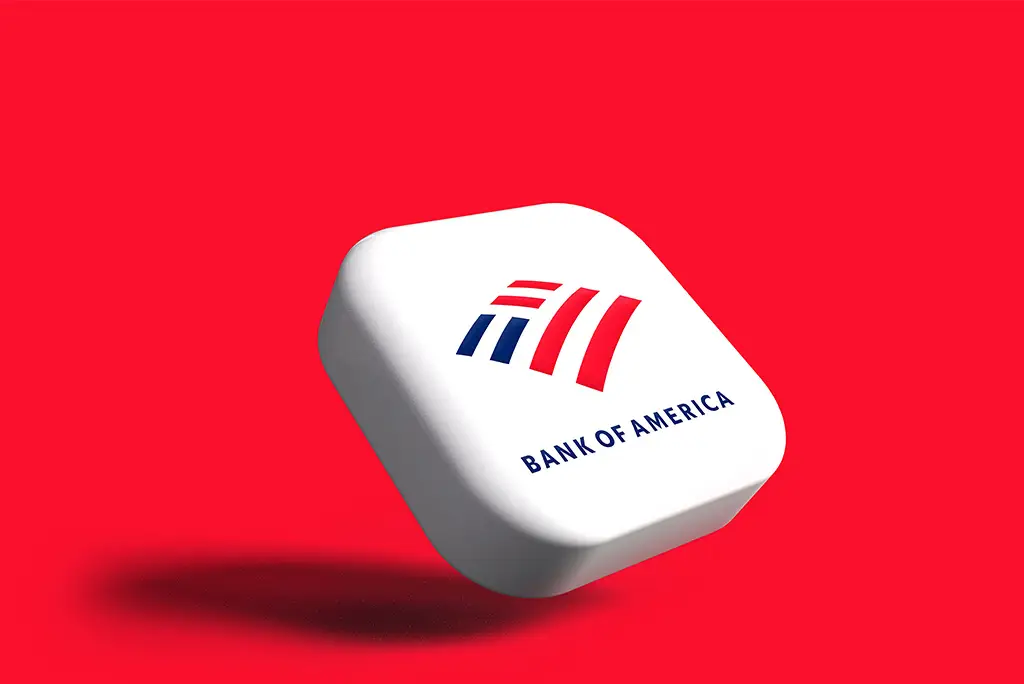The Consumer Financial Protection Bureau ordered Bank of America to pay over $100 million to customers. Bank of America double-dipped on fees, resulting in multiple $35 transaction overdraft charges.
The bank generated significant additional revenue by charging multiple overdraft fees. The agency found Bank of America guilty of violating regulations and imposed $150 million in penalties.
The Bank of America customers were charged excessive fees due to the bank’s double-dipping practices.
In a statement, CFPB Director Rohit Chopra expressed that “these practices are unlawful and erode the confidence of customers.”
Junk Fees
Lenders impose junk fees as additional, hidden charges not included in the original transaction price.
Junk fees undermine consumer trust and can be detrimental to financial well-being. Consumers should be aware of these additional charges that are often added at payment time.
The inclusion of junk fees in transactions can contribute to higher overall costs for consumers. Regulating or eliminating such fees may not necessarily result in significant consumer savings.
Transparency regarding junk fees is crucial for empowering consumers to make informed financial decisions. Financial institutions need to ensure fair and transparent practices regarding fees and charges. The prevention of excessive and undisclosed junk fees should be a priority for consumer protection.
Ted Rossman’s View on Junk Fees
Ted Rossman, senior industry analyst at Bankrate, states that surprise charges are increasingly common. These unexpected fees can be found in various areas, including concert tickets, airline seat selections, and more.
Rossman believes consumers may not save money even if these fees are capped or banned. According to Rossman, overdraft fees exemplify a game of whack-a-mole when it comes to charges.
Many financial institutions reduced overdraft fees, leading to lower average overdraft charges. However, ATM surcharges reached a record high during the same period, as per Bankrate’s findings.
Rossman asserts that, in most cases, even with more transparency, consumer costs would likely remain unchanged.
Actions From The President
President Joe Biden has pledged to crack down on junk fees from banks and various service providers. In his State of the Union address, Biden emphasized the impact of these fees on average households.
According to Biden, junk fees can accumulate hundreds of dollars monthly for most people. Biden urged Congress to pass the Junk Fee Prevention Act to address unexpected charges.
The proposed act aims to reduce fees such as airline booking fees, service fees for concert tickets, etc. The CFPB announced its scrutiny of surprise fees, deeming them likely unfair and unlawful.
Biden’s administration aims to protect consumers from excessive and unexpected charges. The focus extends to fees imposed by hotels, airlines, and other service providers.
The proposed legislation intends to curb excessive credit card late fees and early termination fees.
The administration aims to promote fairness and transparency in fee structures and charges. Consumer protection remains a key priority in tackling hidden and unjustifiable consumer costs.
Actions from Consumer Financial Protection Bureau
The consumer watchdog proposed prohibiting surprise overdraft fees on debit transactions. The rule aims to reduce typical late fees from around $30 to $8.
The White House estimates this could save consumers up to $9 billion annually.
Nadine Chabrier, senior policy counsel at the Center for Responsible Lending, commended the ban on surprise overdraft fees.
Chabrier encourages strong limits on the size and frequency of fees to be implemented. According to Bankrate, over a quarter of checking account holders regularly incur fees.
These fees can amount to an average of $24 per month or $288 per year. Bankrate’s research reveals an average overdraft fee of $29.80 and a nonsufficient funds fee of $26.58.
The proposed rule seeks to address the incomplete progress in addressing overdraft fees. The Consumer Financial Protection Bureau’s additional steps are welcomed in tackling the issue.
The goal is to alleviate the financial burden and protect consumers from excessive fees.
Arguments From Banking Interest Groups
Banking interest groups argue that offerings like overdraft protection serve as a necessary safety net.
Jim Nussle, CEO of the Credit Union National Association, believes the term “junk fee” is overly broad. Nussle states that low-income and middle-income consumers rely on these services to address financial difficulties.
He highlights the importance of considering the costs associated with providing essential financial services. According to Nussle, people may resort to predatory lenders without overdraft protection, harming those the administration aims to assist.
The banking interest groups emphasize the potential negative consequences of eliminating such services. Their perspective suggests that overdraft protection fulfils a critical role for certain consumers in need.
